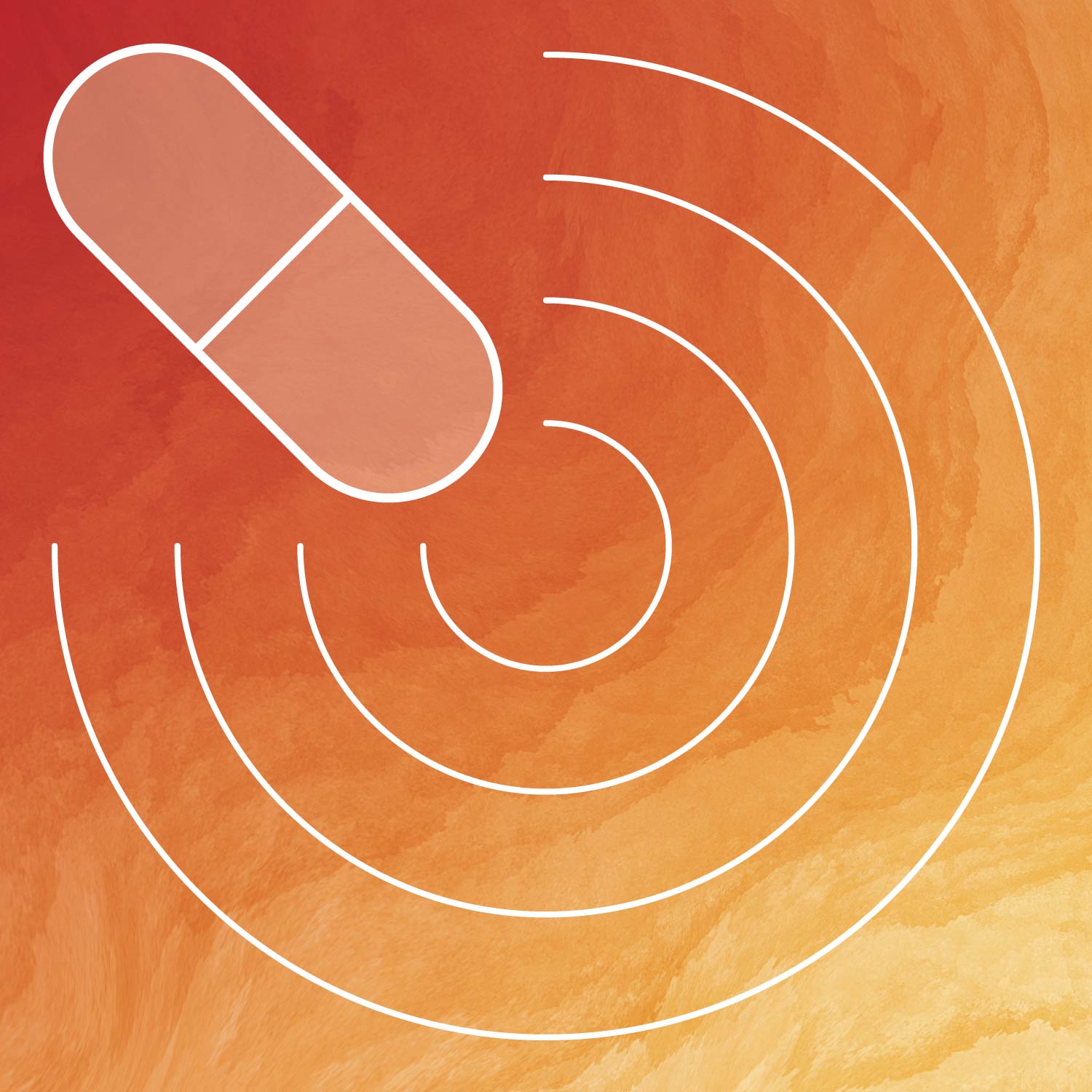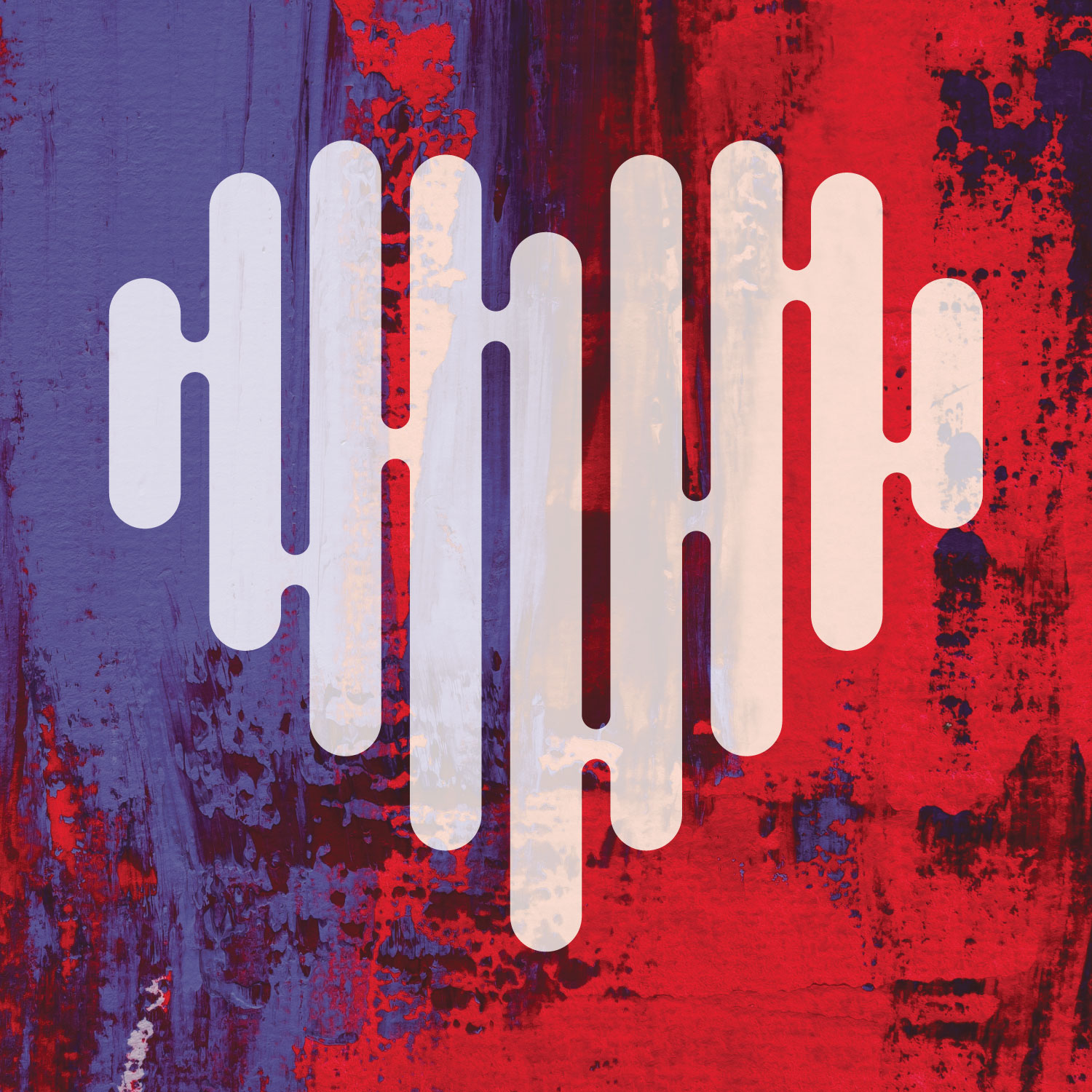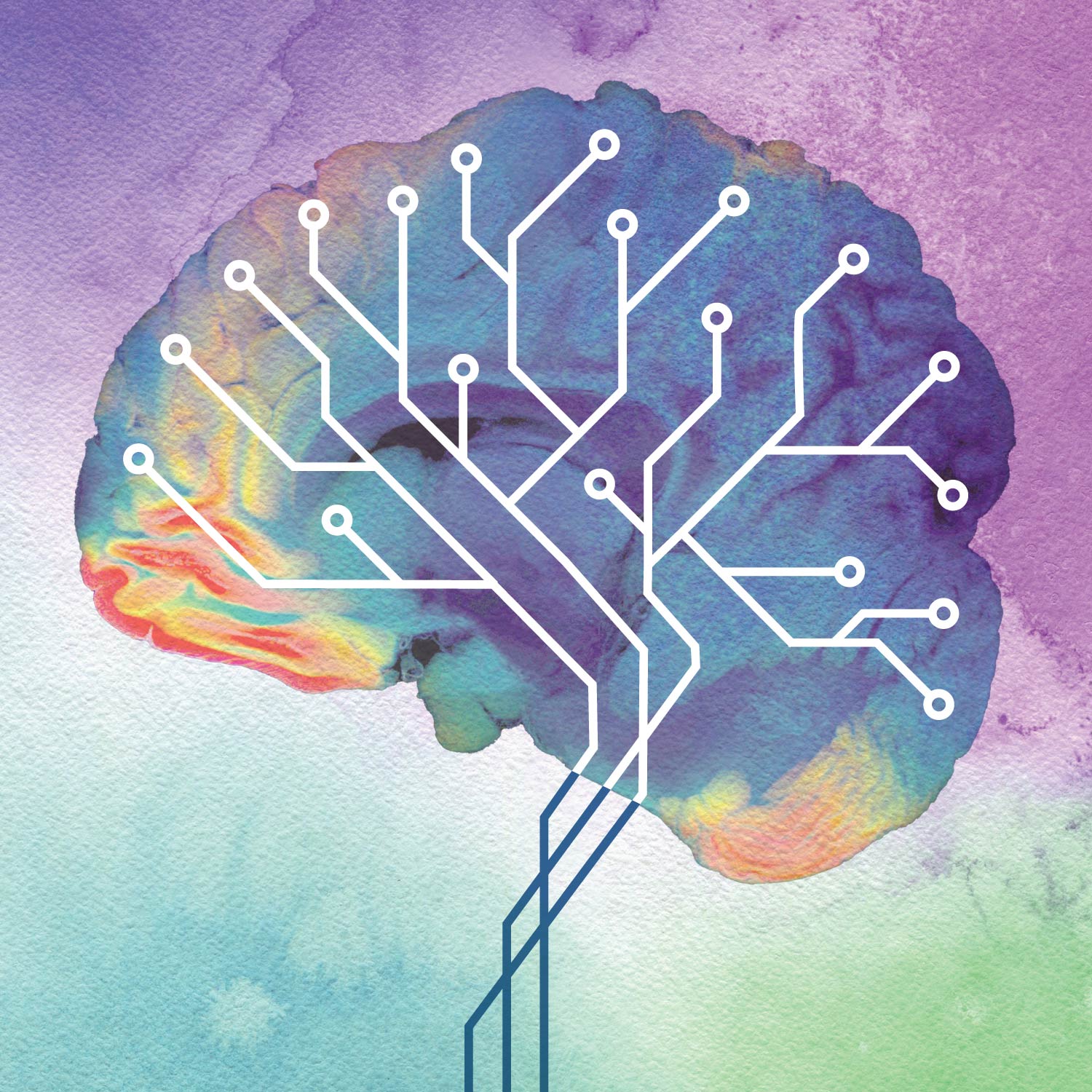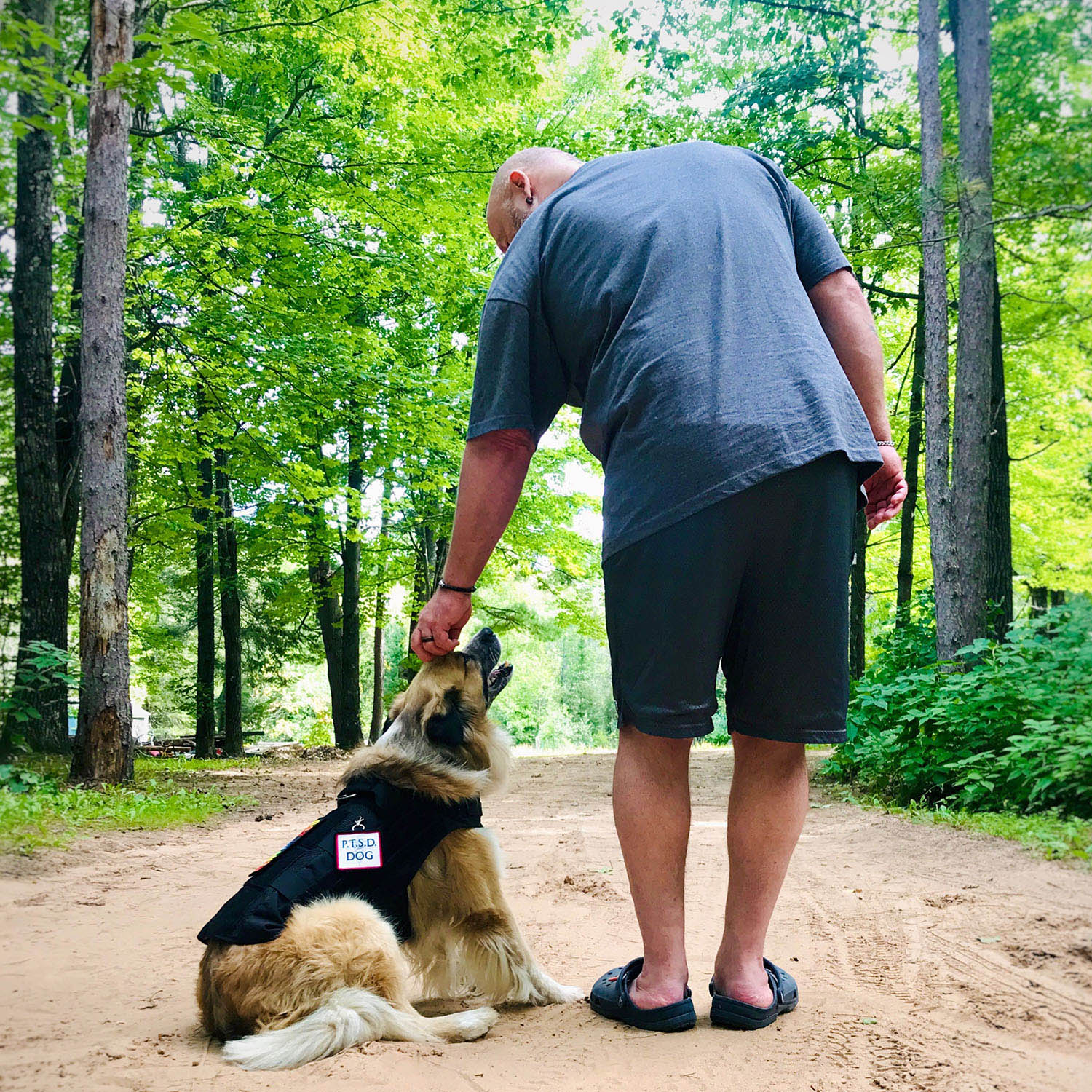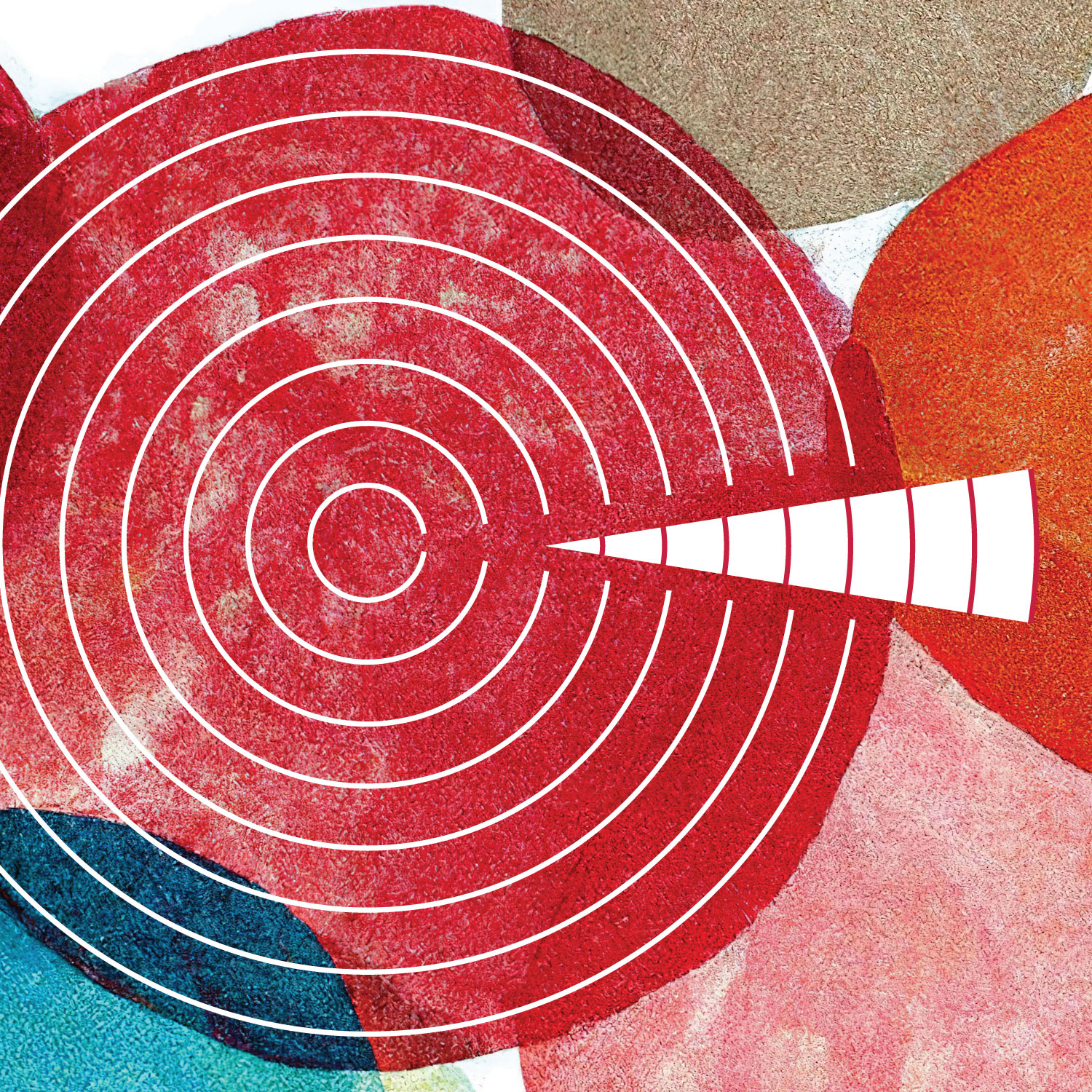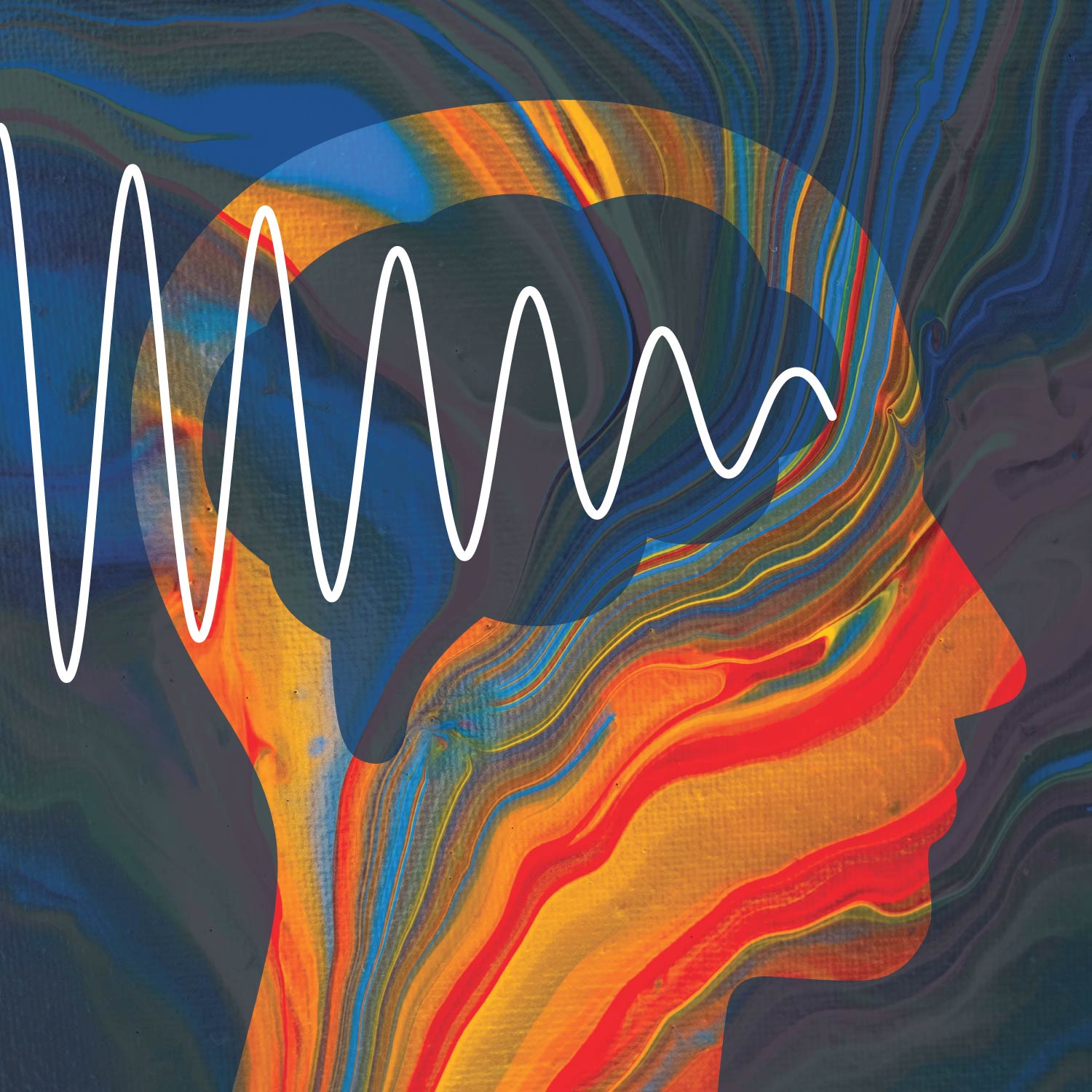Selected Research Results
Research spotlights of selected studies are shown below. For a full list of published NCCIH Research to-date, see PubMed.
Spotlights for 2024
Adding Mindful Awareness in Body-Oriented Therapy (MABT) to Medication Treatment Benefits People With Opioid Use Disorder
Adding a mindfulness-based intervention to a standard treatment for opioid use disorder does not appear to alter substance use but does lead to positive changes in other areas that can help improve the standard treatment, according to a new study published in Mindfulness. The study was conducted by researchers at the University of Washington and partially funded by the National Center for Complementary and Integrative Health.
November 2024
Synthetic Glycans Can Change the Composition and Function of the Gut Microbial Community
Complex glycans synthesized in the laboratory can modify the abundance and functioning of human gut bacteria and may be useful for targeted bacterial manipulation, according to a study partly supported by the National Center for Complementary and Integrative Health. The study, from Washington University in St. Louis, Ohio State University, and collaborating institutions, was published in a recent issue of Nature Chemical Biology.
October 2024
Analysis Finds Differences in Chronic Pain Treatment by Type of Health Insurance
An analysis of medical claims data suggests that adults experiencing new episodes of chronic pain may have differential access to all treatment options based on the type of health insurance they have. Recently published in The Journal of Pain, the study was conducted by researchers at the U.S. Centers for Disease Control and Prevention (CDC) and the National Center for Complementary and Integrative Health.
September 2024
National Survey Data Provide New Insights on Use of Prescription Opioids in the U.S. Adult Population
An analysis of national survey data on new prescription opioid use suggests that opioids are sometimes being used as a first-line or early resort treatment for pain, contrary to best practices. The study was conducted by researchers from the Mayo Clinic and the National Center for Complementary and Integrative Health and was recently published in The Journal of Pain.
September 2024
Mindfulness Meditation and Placebo Modulate Different Brain Patterns To Reduce Pain
According to a new study, not only does mindfulness meditation reduce pain more than a placebo, but it also uses different neural patterns when reducing pain, indicating that it is not acting through the placebo effect. Published in Biological Psychiatry, the study was funded by the National Center for Complementary and Integrative Health and conducted by researchers from the University of California San Diego and Dartmouth College.
August 2024
Telehealth Mindfulness-Based Interventions Were Helpful for Veterans With Chronic Pain in a Large Real-World Study
In a study of veterans with moderate-to-severe chronic pain, 8-week virtual group or self-paced mindfulness-based interventions were more helpful than usual care in improving pain-related function. This study, which was part of the Pain Management Collaboratory (PMC), a large-scale effort to assess nondrug treatments for pain in the military and veterans’ health care systems, was supported by the PMC Coordinating Center, which is funded by the National Center for Complementary and Integrative Health and published in the journal JAMA Internal Medicine.
August 2024
In a Large Multicenter Trial, Chelation Therapy Did Not Reduce Cardiovascular Disease Events in Patients With Diabetes and a History of Heart Attack
Chelation therapy does not reduce the occurrence of major adverse cardiovascular events in patients with diabetes who have had a myocardial infarction even though it effectively reduces blood lead levels, according to a multicenter clinical trial funded by the National Institutes of Health (NIH). The results, which did not replicate those of an earlier trial, were published in the Journal of the American Medical Association.
August 2024
Socioeconomic Factors Associated With Not Receiving Treatment for Chronic Severe Back Pain
A new study of adults in the United States with chronic severe back pain showed that nearly 21 percent did not receive treatment for at least 3 months and that socioeconomic factors played a role. The cross-sectional study, which was recently published in The Journal of Pain, was conducted by researchers from the Université de Montréal and the National Center for Complementary and Integrative Health.
July 2024
Transcranial Focused Ultrasound Improves the Performance of a Noninvasive Brain-Computer Interface
In a new study from Carnegie Mellon University, volunteers’ ability to type letters with their minds using a noninvasive brain-computer interface increased in response to ultrasound stimulation of a brain area associated with visual motion processing. This research, which was partly funded by the National Center for Complementary and Integrative Health and is part of the National Institutes of Health Brain Research Through Advancing Innovative Neurotechnologies® (BRAIN) Initiative, was published in the journal Nature Communications.
June 2024
Service Dog Partnerships May Benefit Military Members and Veterans With Post-Traumatic Stress Disorder
A new study suggests that partnering with a trained psychiatric service dog helps lower the severity of post-traumatic stress disorder (PTSD) symptoms, anxiety, and depression in adults with military-related PTSD. The study, which was recently published in JAMA Network Open, was led by scientists from the University of Arizona, Indiana University School of Medicine, and Roudebush Veterans Affairs Medical Center. The National Center for Complementary and Integrative Health partially funded the research.
June 2024
A Mobile App-Based Mindfulness Intervention for Psychological Distress in Intensive Care Unit Survivors
A new clinical trial tested various ways of delivering a mobile app–based mindfulness intervention for individuals who had symptoms of depression after being treated in an intensive care unit (ICU) for a critical illness. The study showed that the best version of the intervention in terms of effects on psychological distress symptoms, adherence, and feasibility was a version that was fully app based. The study, recently published in JAMA Internal Medicine, was led by scientists at Duke University, Oregon Health & Science University, and University of Colorado (Aurora) and was partially funded by the National Center for Complementary and Integrative Health.
May 2024
Participants in Clinical Trials on Chronic Back or Neck Pain Are Not Representative of the Larger Patient Population
Populations that experience health disparities are frequently underrepresented in spine pain clinical trials, according to an analysis of data from eight randomized controlled trials (RCTs) of spinal manipulation for chronic back or neck pain. Funded by the National Center for Complementary and Integrative Health, this analysis was conducted by researchers from the University of Minnesota and North Dakota State University and was published in the journal BMC Musculoskeletal Disorders.
May 2024
Veterans With Chronic Pain Value Discussions With Health Care Providers About Natural Products
Veterans value discussions with health care providers about natural products (NPs); however, the perception among some veterans that providers are biased against these products negatively affects patient-provider relationships, according to a new study by researchers from the San Francisco VA Health Care System and other collaborating institutions, published in the Journal of General Internal Medicine. The findings of this study, which was funded by a collaborative agreement through the National Institutes of Health’s National Center for Complementary and Integrative Health and the Office of Dietary Supplements, indicate that providers engaging in conversations about NPs with curiosity and respect can reinforce patient-provider relationships.
April 2024
New Study Reports High Rates of Anxiety and Depression in 11- to 13-Year-Olds During the COVID-19 Pandemic
Rates of depression in 11- to 13-year-olds increased significantly between the early and middle stages of the COVID-19 pandemic, and rates of anxiety and suicidal ideation stayed consistently high during the same period, according to a new study conducted in three U.S. states. The study, supported by the National Center for Complementary and Integrative Health with co-funding, from the National Institute on Drug Abuse, the Office of Disease Prevention, and the Office of Behavioral and Social Sciences Research, and published in the Journal of Adolescence, also showed differences among population subgroups, with the greatest concerns about girls and Hispanic/Latinx youth in the early pandemic and among girls and Medicaid-insured youth at mid-pandemic.
April 2024
Multisensory Gamma Stimulation Promotes Glymphatic Clearance of Amyloid in Alzheimer’s Disease Models
A recent study showed that noninvasive Gamma ENtrainment Using Sensory stimuli (GENUS) reduced the accumulation of amyloid in mice models of Alzheimer’s disease (AD) through the brain’s glymphatic system. The study, conducted by researchers at the Massachusetts Institute of Technology, Westlake University in China, and Boston University, was partially funded by the National Center for Complementary and Integrative Health and published in the journal Nature.
February 2024
Neurons Generate Synchronized Rhythmic Waves in Brain’s Interstitial Fluid To Help Clear Metabolic Waste
A new investigation provides evidence that neurons in the brain act as master organizers for clearing the brain of metabolic waste and that they do so by synchronizing their actions to create large rhythmic waves in the interstitial fluid (ISF) during sleep. The study, recently published in Nature, was conducted by researchers from Washington University in St. Louis and partially funded by the National Center for Complementary and Integrative Health.
February 2024
Benefits of a Single-Session Pain Skills Class Last for 6 Months in People With Chronic Low-Back Pain
A single 2-hour pain relief skills class continues to reduce pain catastrophizing, pain intensity, and pain bothersomeness in people with chronic low-back pain after 6 months and is no less effective than an 8-session cognitive behavioral therapy (CBT) program, according to a study from Stanford University, partly funded by the National Center for Complementary and Integrative Health. These results, published in the journal Pain Reports, extend the findings of a 3-month evaluation and show that the effects of the pain skills class don’t deteriorate significantly from 3 to 6 months.
January 2024
Use of Complementary Health Approaches for Pain by U.S. Adults Increased From 2002 to 2022
Over a 20-year period—from 2002 to 2022—U.S. adults not only increased their overall use of complementary health approaches but were also more likely to use complementary health approaches specifically for managing pain.
January 2024



